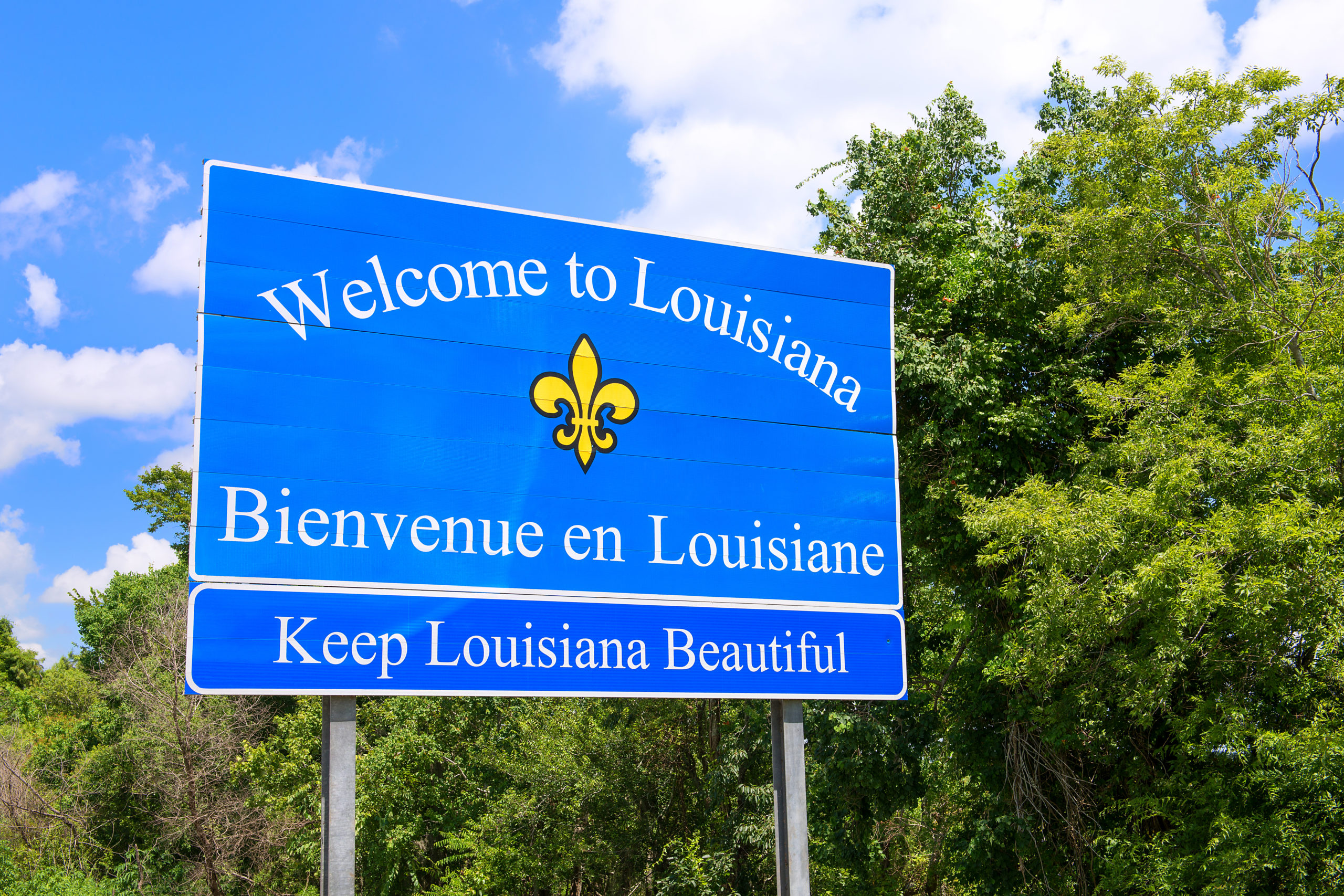Connect with us
Published
1 year agoon

With the reckoning of cannabis reform in states across the country, many have introduced additional legislation to protect workers from penalties for off-the-clock cannabis use in legal medical and recreational cannabis states. States like Louisiana, which albeit has relaxed its cannabis laws over the past five years, show how workers can be impacted without these types of protections.
Last week, the state’s Employment and Medical Marijuana heard testimony from former nurse Shonda Broom, who recounted how her off-duty cannabis use and one pre-employment drug screen cost her a 12-year career and labeled her as a criminal, the Louisiana Illuminator reports.
Louisiana has a legal medical cannabis market, and recreational possession of 14 grams or less is decriminalized, punished by a fine of $100 or less. Former Governor Bobby Hindal signed the law setting up a framework for the medical market in 2015, with the first medical cannabis sale taking place in 2019. A new bill signed by Governor John Bel Edwards in 2020 greatly expanded medical cannabis access.
The meeting with Broom was one of several the task force held, as part of an effort to create laws protecting workers using medical cannabis under a physician’s recommendation.
Broom became a registered nurse in 2005, spending much of the latter half of her career self-employed, performing home health services for the elderly. In July 2016, she closed her business and sought out the next chapter: a job in a hospital. Broom told the Illuminator that she applied for a job in November 2016 with Thibodaux Regional Medical Center, where she had to take a pre-employment drug urinalysis.
While she hadn’t used cannabis recently and expected to pass the test, it came back positive for THC. Broom then learned that THC can be detected in urine for up to several weeks, or sometimes months, after use. The hospital then rescinded its employment offer, so Broom moved on.
For future prospects, Broom adamantly ensured there were zero traces of cannabis in her system. She ended up finding a new employer and was hired after passing a separate drug screen, but the previous failed test continued to follow her.
About five months into her new role, Broom told the task force that the Louisiana State Board of Nursing became aware of the failed drug screen and launched an investigation. During the first drug screen, Broom said she smoked cannabis to treat depression and high blood pressure, though she didn’t yet have a prescription or doctor’s recommendation.
While medical cannabis was legal at the time, few patients actually received cannabis because of the legislation’s language, specifically the use of the word “prescribe.” It was eventually rewritten to state doctors can recommend cannabis.
Broom surrendered her license as a result of the investigation, instead of accepting an involuntary suspension. Her last day working as a nurse was April 26, 2017. According to board disciplinary records, Broom could have accepted the suspension and later reapplied for her license, though she would have also had to complete a rigorous drug treatment program.
The requirements include completing a rehabilitation program and probationary period with random drug screens, professional monitoring and periodic psychiatric or substance-abuse evaluations. It would be a five-year process that Broom would have to pay for.
“Not only can I not work as a nurse, but the discipline shows up on a background check,” she said. “It makes me unemployable across several industries besides healthcare.”
Louisiana State Board of Nursing Executive Director Karen Lyon told the Illuminator that this disciplinary action is common for nurses who fail a drug screen for cannabis, alcohol or harder drugs, though the terms are usually more rigorous for nurses who used drugs on duty or showed signs of impairment at work.
Nurses who have a medical cannabis recommendation are not automatically exempt and can still be subject to board investigation, if they show signs of impairment or fail a drug screen while on duty. Lyon said that the investigation will often conclude without disciplinary action if the nurse can provide a physician’s certification saying they are fit for duty. The board may issue a “letter of concern” in those cases, an informal reprimand that stays on the nurse’s file.
Broom said she doesn’t believe the board is aligned with the legislature’s position on cannabis. The National Council of State Boards of Nursing (NCSBN) has also recommended minimal disciplinary action for situations like Broom’s, with no allegations of on duty impairment even in a jurisdiction where recreational cannabis is illegal. The NCSBN recommends a “non-disciplinary issue of concern” in these scenarios, though Lyon said that the NCSBN isn’t a regulatory agency and its guidelines are not mandatory.
Broom also pointed to the need for better technology to detect impairment, not just drug screens that cannot accurately detect current impairment. Now working as a consultant, Broom’s new company D4N consulting offers training to businesses and other organizations looking to develop workplace policy yaround drug screening and employees who use medical cannabis.
“I think the problem is people are still getting punished for off-duty use,” she said. “Let’s be real. People are not sitting on the clock smoking weed… It’s possible, but realistically they’re not just popping gummies in their boss’ face. A lot of the punishment comes from off-duty use.”


New Mexico Governor Calls Homeland Security Secretary’s Response to Pot Seizures ‘Inappropriate’


DMT Lab Discovered in Brentwood, California During Robbery Raid


States with Adult-Use Pot Saw Decrease in Alcohol Use, No Increase in Teen Substance Abuse


Research Shows Some Rolling Papers Have High Levels of Heavy Metals


MedMen Files for Bankruptcy


Carmelo Anthony Launches Cannabis Brand
